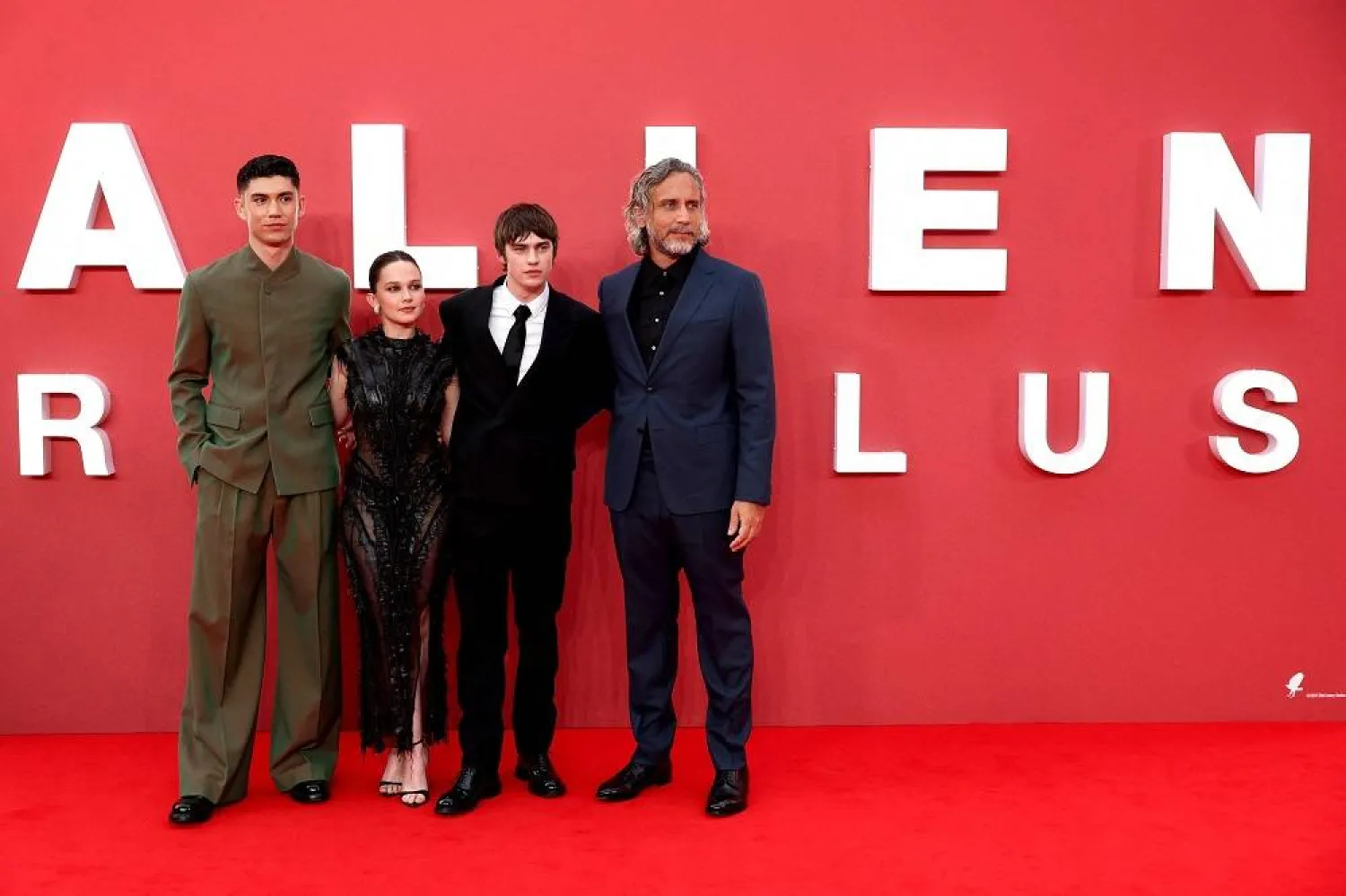“Alien: Romulus,” the latest installment in the 45-year-old franchise, opened in first place at the North American box office. The 20th Century Studios release earned an estimated $41.5 million in its first weekend, where it was playing in 3,885 locations in the US and Canada.
Including $66.7 million from international showings in 49 markets, “Alien: Romulus” boasted a $108.2 million global debut. The Walt Disney Co., which owns 20th Century Studios, claimed the top two spots on the charts, with Marvel’s “Deadpool & Wolverine” now in its fourth weekend, taking second place with $29 million. The company has been responsible for an estimated 42% of the industry’s summer box office haul, including hits “Inside Out 2” and “Kingdom of the Planet of the Apes.”
August can often be slow for the movie business, or, less charitably, a dumping ground. But while 2024 has lagged overall for the movie business, a string of recent hits including “Deadpool & Wolverine” and “It Ends With Us” helped build a momentum that put this late August weekend over 30% ahead of the same weekend last year. It’s also up over 10% from August 2019.
“The summer started off pretty gloomy, but it’s winding up really strong,” said Paul Dergarabedian, the senior media analyst for Comscore. “We thought we were going to coast through August, but now we’re powering through August towards a much better overall summer number than we expected for the box office.”
Fede Álvarez directed “Alien: Romulus,” set around the time of “Alien” and “Aliens,” and recruited a cast of up-and-coming 20-somethings to lead the cast including Cailee Spaeny, David Jonsson and Isabela Merced. The sci-fi film leans into Álvarez’s propensity for all things horror, as he is known for “Evil Dead” and “Don’t Breathe,” and embraces the franchise’s horror roots.
Reviews have been a little mixed, but mostly positive, with an 81% on Rotten Tomatoes. Audiences gave it a B+ CinemaScore.
The romantic drama “It Ends With Us” landed in third place with $24 million, down just 52% from its triumphant opening. The Sony movie starring Blake Lively and Justin Baldoni, who also directed, has made $97.8 million to date. It cost only $25 million to produce.
The film was adapted from the bestselling Colleen Hoover novel of the same name that follows Lively as Lily Bloom, a woman at a crossroads when a past love upends her current relationship with Baldoni’s Ryle Kincaid.
Rumors of behind-the-scenes drama on the film also continues to dominate social media discourse and tabloid headlines — but “Don’t Worry Darling” also taught us that gossip and chatter don’t always translate to box office returns.
“Twisters” placed fourth in its fifth weekend with $9.8 million from 3,483 theaters. The Universal release has made over $238.4 million domestically.
Rounding out the top five was a re-release: “Coraline,” which Fathom Events put on over 1,500 screens for its 15th anniversary where it made $11.3 million in four days and $8.6 million from Friday through Sunday. The stop-motion animated film was an adaptation of a Neil Gaiman novella, written and directed by Henry Selick and marked the first-ever release for Laika. It’ll be in theaters until Aug. 22.
“Borderlands,” the video game adaptation starring Cate Blanchett, Kevin Hart and Jamie Lee Curtis, brought in $2.4 million in its second weekend bringing its total box office earnings to $13.5 million compared to its reported $120 million budget.









